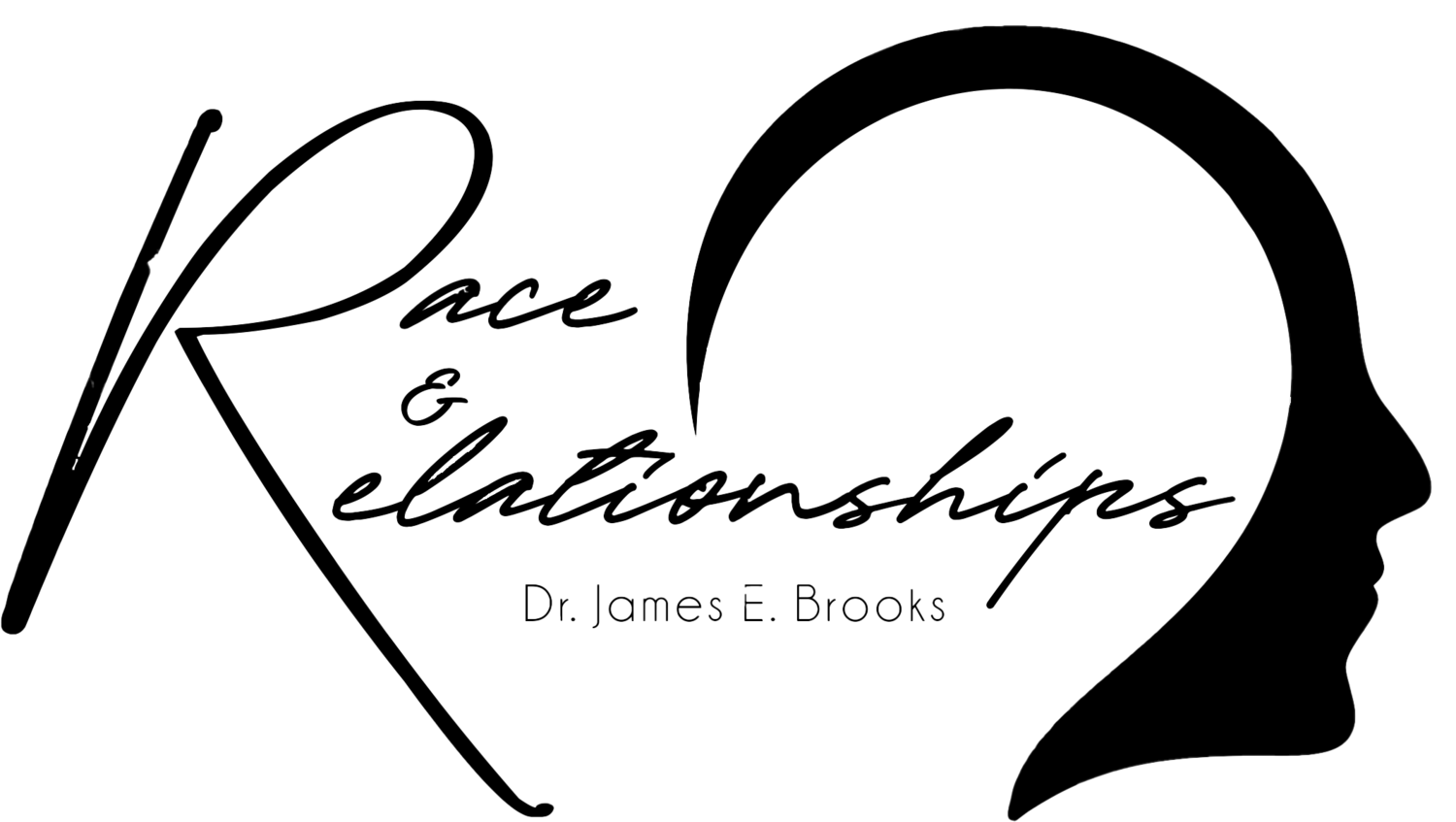How Multiracial Identity Impacts Dating
What's the Issue:
When we talk about race in the United States, we remain strongly socially divided. Since Loving v. Virginia, the number of multiracial relationships has jumped to 1 in 6 couples. Thus, the number of multiracial individuals has risen. Researchers have suggested that those who are multiracial have begun to challenge racial lines. When multiracial individuals adopt their multiple identities, it allows for an easier opportunity to cross these racial boundaries in matters of having and forming relationships. Multiracial individuals may challenge these symbolic boundaries because of this notion and further break down these social boundaries within society.
What’s the Purpose of the Investigation:
This investigation explores whether multiracial individuals contest these social boundaries that are race-based in nature. If race is less prominent of a topic for multiracial individuals, then their partner choices may be less focused on racial boundaries. Littlejohn seeks to figure out if multiracial individuals decide on partnership based on some shared racial identity.
To explore these theories, Littlejohn used data from the Integrated Public Use Microdata Series, where the series used data from the ACS, which is an annual national household survey that uses self-report data in the form of questionnaires. Thus, the data is more recent and includes information on marriage.
What are the results?
Overall, Littlejohn found that there are unique differences in how multiracial individuals decide their partnerships based on their multiracial identity.
Multiracial individuals were 6.3% more likely to be in a partnership with those who are monoracial White than monoracial Black.
Additionally, those with a Black/non-White multiracial heritage were more likely to have a Black spouse or cohabiting partner than those who identify as having a Black/White identity.
Pairing this information with the percentages of those in partnership with monoracial white individuals, those who are Black/White multiracial were 2.17% more likely to have a partnership with a White individual than a Black individual.
What are the Implications?
The implications of this study show that having some shared racial heritage is more likely to drive intimate relationship choices rather than multiracial identification alone. The growth of the multiracial population may be showing that traditional symbolic racial boundaries are being challenged. However, this idea has not moved into social boundaries with partner choice with those who identify as Black or White. As within the research, those who identify as Black/White are more likely to have a White spouse or partner than a Black one. Additionally, Littlejohn recognizes how multiracial individuals as a whole are more likely to have a Black partner than their monoracial White counterparts and calls for more research to be done regarding this idea. The data does support the overall concept of how identifying as multiracial in general may be associated with a greater willingness to cross these social racial boundaries put in place in our society.
Littlejohn, K. E. (2018). Race and social boundaries: How multiracial identification matters for intimate relationships. Social Currents, 6(2), 177–194. https://doi.org/10.1177/2329496518804553
